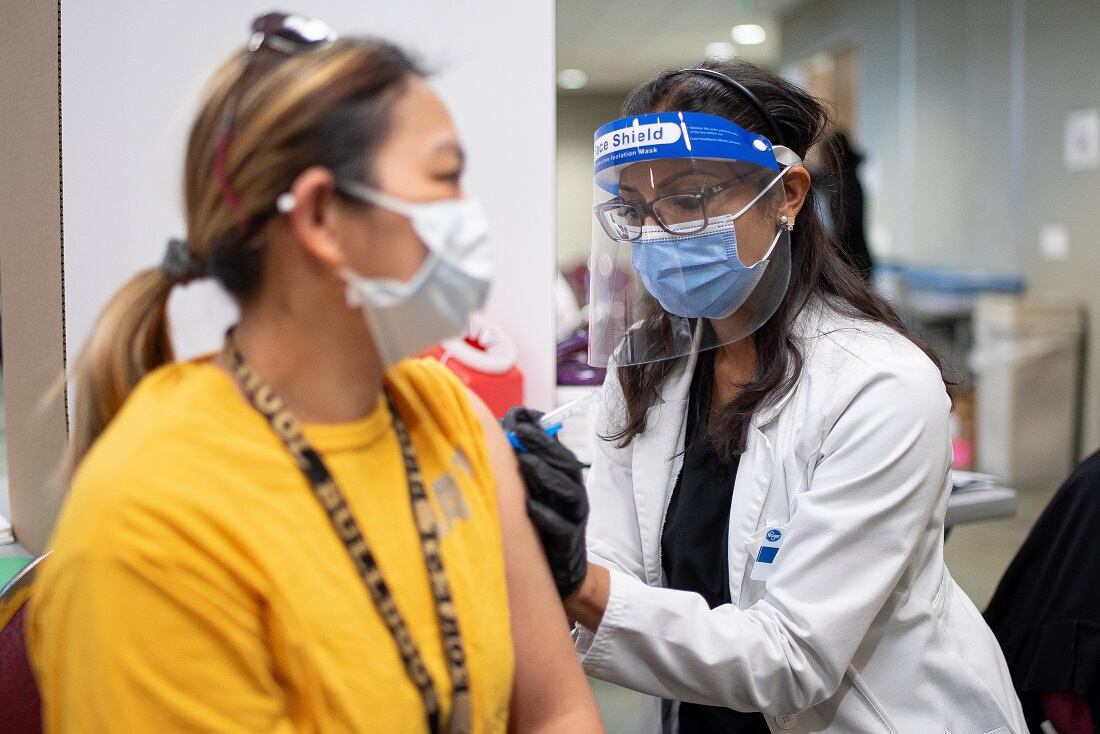Kroger announced yesterday that it will close two more Ralphs and one Food 4 Less stores in Los Angeles, a decision it said was “accelerated by a new Los Angeles City Council mandate that requires a select group of employers to provide extra pay for frontline workers.”
The mandate, passed Feb. 24, would require larger grocery stores and drugstores to give employees an additional $5 per hour for the next four months to compensate them for the risks they face as essential workers during the pandemic.
Kroger said the temporary pay increase would add $20m in operating costs over the next 120 days, “making it financially unsustainable to continue operating underperforming locations.”
These costs would be on top of the $2.5b that Kroger says it has invested as rewards for associates during the pandemic, including a recently announced $50m in rewards for frontline workers, and the expenses of implementing additional safety measures.
In a release, the retailer said, “it’s never our desire to close a store, but when you factor in the increased costs of operating during COVID-19, consistent financial losses at these three locations, and an extra pay mandate … it becomes impossible to operate these three stores.”
The closures shouldn’t come as a surprise to the Los Angeles City Council, which published an Economic Impact Report on the mandate days before the vote that recognized the grocery industry is a low-profit-margin sector. The report warned store closures, layoffs and higher food prices might occur if hazard pay was mandated.
Kroger also had set a precedent for closing under-performing stores in other areas where hazard pay was mandated. It announced early last month that it would close two other Southern California grocery stores after the Long Beach City Council voted unanimously to require grocery stores with more than 300 workers nationally and more than 15 per store in the city to pay local employees an additional $4 per hour.
It also announced last month that it would close two Quality Food Centers in the Seattle area after the city reinstated an ordinance in late January mandating a $4 hazard pay increase for grocery businesses with more than 500 employees worldwide.
One factor of these mandates that makes the pay hike difficult for some stores to offset is that it does not apply to all players in the competitive landscape. Smaller independent stores and big box stores that sell a lower percentage of grocery items to other goods have been exempted in different regions that have passed hazard pay legislation.
The shuttering of stores has not deterred other regions from enacting similar legislation. The same day Kroger announced the most recent closures, King County, Wash., ordered large grocery stores in unincorporated parts of the county pay frontline workers an additional $4 an hour in hazard pay.
That legislation passed 8 to 1, with the only opposing councilmember arguing that while frontline workers may be deserving of hazard pay it wasn’t the county’s place to tell companies how much to pay employees.
The Valley Industry & Commerce Association echoed this sentiment in a statement supporting Kroger, noting “these exclusive and rushed provisions are simply bad policies that will have lasting negative effects.”




